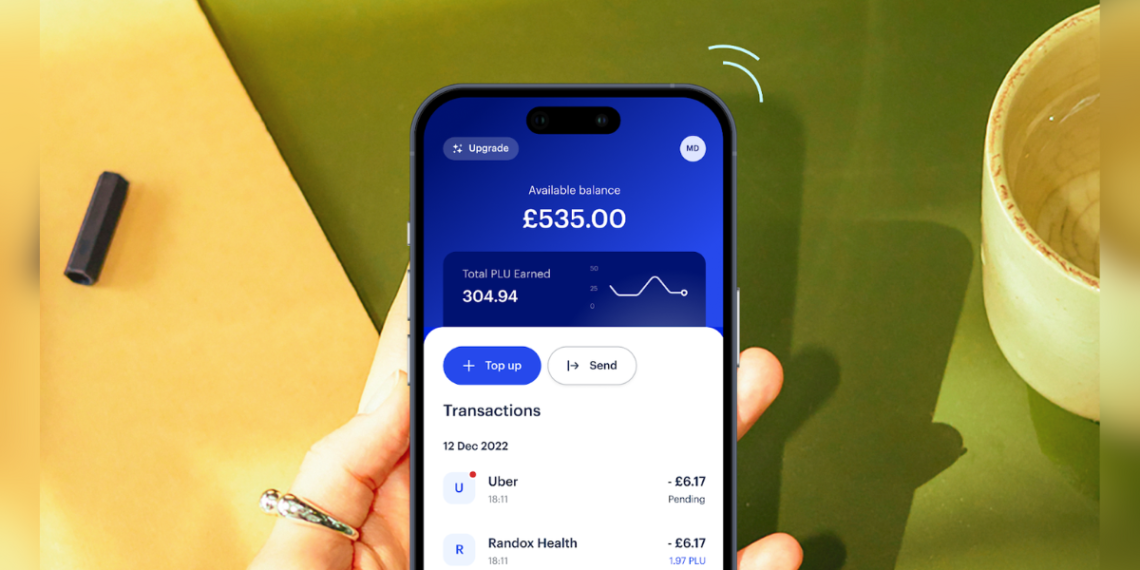Written by Rena Marie
Plutus is gaining attention in financial technology. This U.K.-based company is transforming how rewards cards function by combining everyday spending with cryptocurrency rewards. Its approach offers a fresh way to manage personal finances.
Challenges in the Rewards Card Industry
The rewards card industry faces several key challenges. Traditional programs often provide minimal returns, typically around 0.7% back in points. These points usually have strict limitations, restricting where they can be redeemed, such as specific airlines or products. This lack of flexibility can frustrate consumers who want more control over how they use their rewards.
Another common issue is the limited ownership of rewards. In many programs, points can expire or come with restrictions on how and where they can be redeemed, leaving cardholders uncertain about the value of their earned rewards. Additionally, most programs don’t allow users to quickly transfer points, restricting their ability to share or maximize the benefits they’ve earned.
The industry also needs help to keep up with advancements in financial technology. As cryptocurrencies and blockchain technology gain traction, consumers seek reward systems that can incorporate these newer forms of value. Traditional card issuers must adapt faster, leaving space for more flexible and advanced solutions that meet modern expectations.
Turning Everyday Spending into Valuable Rewards
Danial Daychopan, the founder of Plutus, had a unique idea for reward cards. In 2015, Daychopan introduced the concept in a paper, setting the foundation for what the company would become. Since then, Plutus has achieved several key milestones. In 2016, they launched Pluton (PLU), the world’s first cryptocurrency rewards token, offering users rewards for everyday spending.
The company’s main product is a debit card that lets users spend pounds or euros and earn up to 9% back in PLU. Daychopan explains, “We’re doing more than creating another reward card. We’re linking everyday spending with crypto rewards, allowing people to earn crypto as part of their daily routine.”
Plutus has made steady progress since its early days. More recently, it reached 125,000 customers, reflecting growing interest in financial products that reward everyday expenditures. It plans to continue expanding and aims to become a leader in rewards cards.
Solving Real Financial Problems
Plutus addresses the common issues in traditional reward programs. In contrast to the small rewards and limited use options offered by most cards, Plutus takes a different approach.
Users are currently enjoying up to 9% reward on purchases, with plans to increase this to 10%. These rewards can be redeemed in a variety of ways, giving users the freedom to choose how they wish to use their earnings. Users can also share or transfer rewards and move them to their wallets, giving them complete control. This combination of rewards and greater flexibility helps resolve many challenges people face with traditional reward programs.
Plutus sets itself apart with its non-custodial rewards model, giving users complete control over their PLU tokens, which they can store in their wallets. This level of independence is uncommon in traditional reward cards. Plutus also provides an app with banking-like features where users can manage their rewards balances and get their own European IBAN or U.K. sort code and account number.
A Bold Step in Financial Tech
Plutus operates in the U.K. and European Economic Area but plans to expand to the United States next. This move could grow its user base and increase its presence in the financial technology space.
Plutus’ 2024 White Paper outlines critical updates to support this growth. These include adjustments to how its tokens function and new ways to use PLU tokens, all aimed at enhancing the user experience.
Plutus’s journey from a fresh idea to a growing company highlights how cryptocurrency can influence personal finance. With its focus on higher rewards, user control, and forward-thinking leadership, it is positioned to make a lasting impact in the financial industry. It will be interesting to watch how it challenges traditional financial models and redefines the future of rewards. Its model provides insight into a future where digital assets might become as routine as a regular debit card.




















